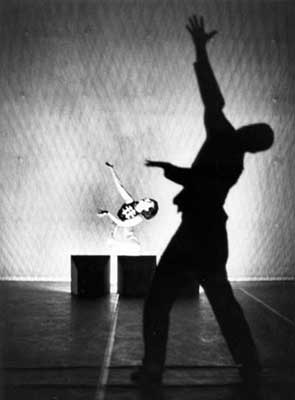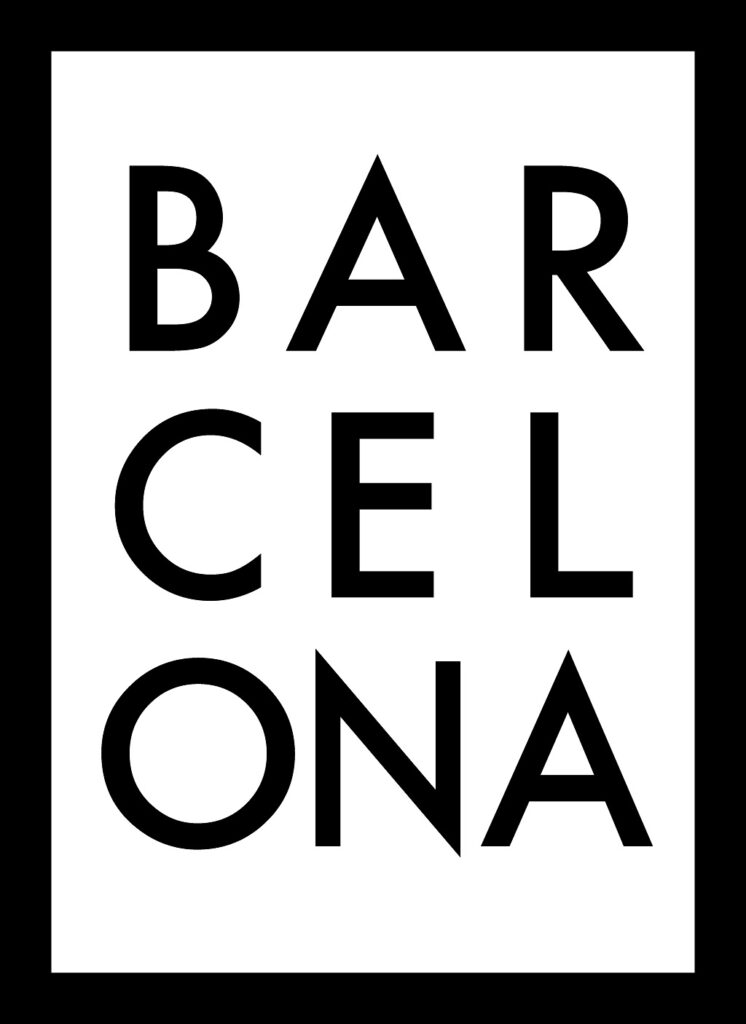Diari d’unes hores (Notes of a few hours) & Eco de silenci (Echo of silence)
Compagnie Lanònima Imperial, Barcelona
Tanzstück in zwei Teilen
Sunday 27 Nov. // 19.00 – 20.30 Uhr
Playhouse
German premiere
Are they circus people or homeless people? Is it a party of derelicts or are they just in disguise? The dancers conjure up a Fellinian dream world in which illusion and reality merge. Play and life are one, just like in childhood. A shepherd – or is it a gypsy? – sings a song, and Argentinian tango rhythms characterise the surrealist action. Here, the harmony between people, between man and woman, seems to be less of a wishful thinking than a lived life. Nevertheless, one is already a little dull, as after a summer night lived through, and slowly the cheerfulness gives way to a slight melancholy.
But in the second part of the evening, the atmosphere tips over. Alienation, despair, oppression, melancholy and loneliness follow the celebration, which only makes sense together with what follows. The troupe becomes individuals, and what used to mean pleasure becomes a nightmare. In harmony with the melancholy, solemn sounds of Henryk Mikołaj Górecki, lament, suffering and fear as basic human experiences replace the cheerfulness of the first part. The insoluble, seemingly eternal contradictions of life are the theme of the two very different choreographies.
Górecki is one of Poland’s most important contemporary composers. He was born in Czernica near Rybnik in 1933. For his I. Symphony he received the 1st prize at the Biennale in Paris in 1961. The Third Symphony was written in 1976; Górecki also included church and folk songs in this composition.
There is an abundance of new dance productions every year in Spain and especially in Catalonia, the region bordering the Mediterranean to the east with its capital Barcelona. But only very few troupes possess this quality, both in terms of dance and choreography, as the Lanònima Imperial company, which was founded in 1986 by Juan Carlos García.
García was born in Bilbao. After studying modern and classical dance in Barcelona, he initially founded a duo with the musician Claudio Zilian in 1980. He then danced in the Compagnie Emile Dubois under the direction of Jean-Claude Gallotta and continued his studies in Angers and New York.
García has received several awards for his choreographies for Lanònima Imperial, including Best Production of the Year by the City of Barcelona. The company has performed at numerous festivals and in practically all European metropolises. On the occasion of the 1992 Olympic Games, the play “Afanya’t a poc a poc” (“Hurry up”) premiered in Barcelona and was shown in numerous cities at home and abroad with great success.
“The choreographer Juan Carlos García is a master of contrasts” (Roswitha Reichart, Volksblatt, Linz, 14.03.1994).
“The choreography proves that Juan Carlos García and Lanònima Imperial are among the best European contemporary dance troupes and dance creators” (Nina Ozegoviú, Vjesnik, Zagreb, 19.03.1994).
Some of the music is recorded.
The performance will be followed by an audience discussion.
Moderation: Klemens Wannenmacher, Hamburg
The guest performance is kindly supported by
CoPEC – Büro zur Förderung der Katalanischen Kultur / Generalitat de Catalunya / Ministerio de Cultura, Madrid und Ayuntamiento de Barcelona.
Choreografie: Juan Carlos García
Bühnenbild: Pep Montoya
Kostüme: Teresa Sil
Licht: Ramón Rey, Mingo Albir
I. »Diari d’unes hores« (»Notizen einiger Stunden«):
Musik: Jorge Sarraute, Pablo Mainetti
Tänzer: Carlos Alberto Cidra, Viviana Calvitti, Juan Carlos García, Emilio Gutierrez, Catalina Vilana
Bandonion: Pablo Mainetti
II.»Eco de silenci« (»Echo der Stille«):
Musik: Henryk Mikołaj Górecki, III. Sinfonie »Sinfonie der Klagelieder« für Sopransolo und Orchester, op. 36, 1. Satz
Tänzer: Carlos Alberto Cidra, Viviana Calvitti, Emilio Gutierrez, Catalina Vilana















